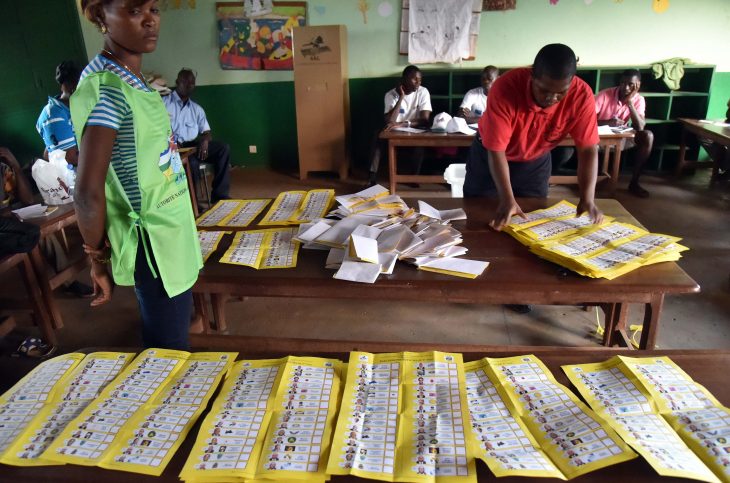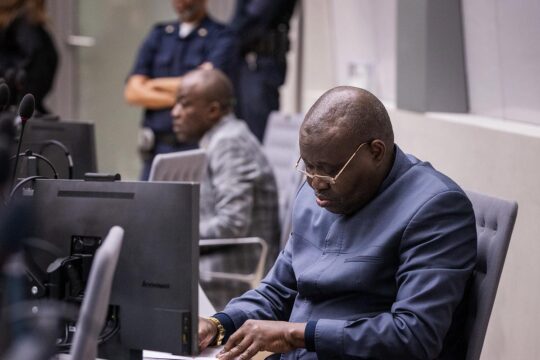The last transitional justice week of 2015 saw presidential elections in the Central African Republic, marking a new step in the long transition of this country ravaged for nearly three years by inter-communal violence. The international community, which intervened in the CAR in early 2014, has insisted on a long series of elections, including a constitutional referendum, presidential and legislative polls. These elections, which were postponed several times, finally took place in relative calm, despite the logistical problems of organizing elections in a failed State with weak infrastructure. The results are still not known, especially outside the capital Bangui, where voter participation is said to have been over 70%. A second round is likely and is scheduled for January 31.
These elections are certainly necessary to return the country to real calm and normality, but everything needs rebuilding and Central Africans fear the international community will abandon them once the elections are over.
Also this week, Roch Marc Christian Kaboré was sworn in as the ninth President of Burkina Faso, ending the transition that followed the ouster of ex-president Blaise Compaoré in October 2014. Kaboré will also have to lead a new transition and show that things have changed.
The shadow of Compaoré, now in exile in Côte d'Ivoire, is likely to hang over the new President, who was long a high-ranking official of the old regime. Kaboré’s approach to justice will be a key indicator of his will to establish rule of law in Burkina Faso. Military justice authorities have issued an international arrest warrant for Compaoré for his suspected involvement in the murder of former head of State Thomas Sankara, killed in 1987 in a coup d'Etat that brought Compaoré to power. Another sensitive case concerns the murder of former journalist and opposition activist Norbert Zongo.
The military justice authorities are also charged with investigating the failed September 17 coup d'Etat by the RSP regiment that formerly guarded Compaoré, which left dozens of protesters dead. Will Burkina Faso under Kaboré find a way to bring its former dictator to justice, as Chad has done with Hissène Habré?
Meanwhile Rwanda continues to try suspected perpetrators of its 1994 genocide. A Rwandan court convicted Pentecostal pastor Jean Uwinkindi for ordering the massacre of refugees in his church in 1994, and sentenced him to life in jail. Uwinkindi was handed over to Kigali by the UN’s International Criminal Tribunal for Rwanda as part of its closure strategy. The pastor, now 64, was found guilty of genocide and crimes against humanity.
In Germany, a former Rwandan mayor was also sentenced to life in jail for his role in the genocide of Tutsis in Rwanda in 1994. Onesphore Rwabukombe, former mayor of Muvumba in northeast Rwanda, was convicted for his role in the May 11, 1994 massacre of 400 Tutsi refugees in a church in Kiziguro, some 80 kilometres south of Muvumba.
After a three-year trial, Rwabukombe had previously been sentenced by a Frankfurt court in February 2014 to 14 years in jail for “complicity” in these massacres, and thus became the first Rwandan leader convicted in Germany. His sentence was increased on appeal.
On another continent, NGO the Syrian Observatory for Human Rights said Russian airstrikes in Syria have killed 2,371 people since the start of Moscow’s military intervention 3 months ago, of whom nearly one third were civilians. This is in line with an Amnesty International report that made similar accusations, saying raids on residential areas “could constitute war crimes”.






